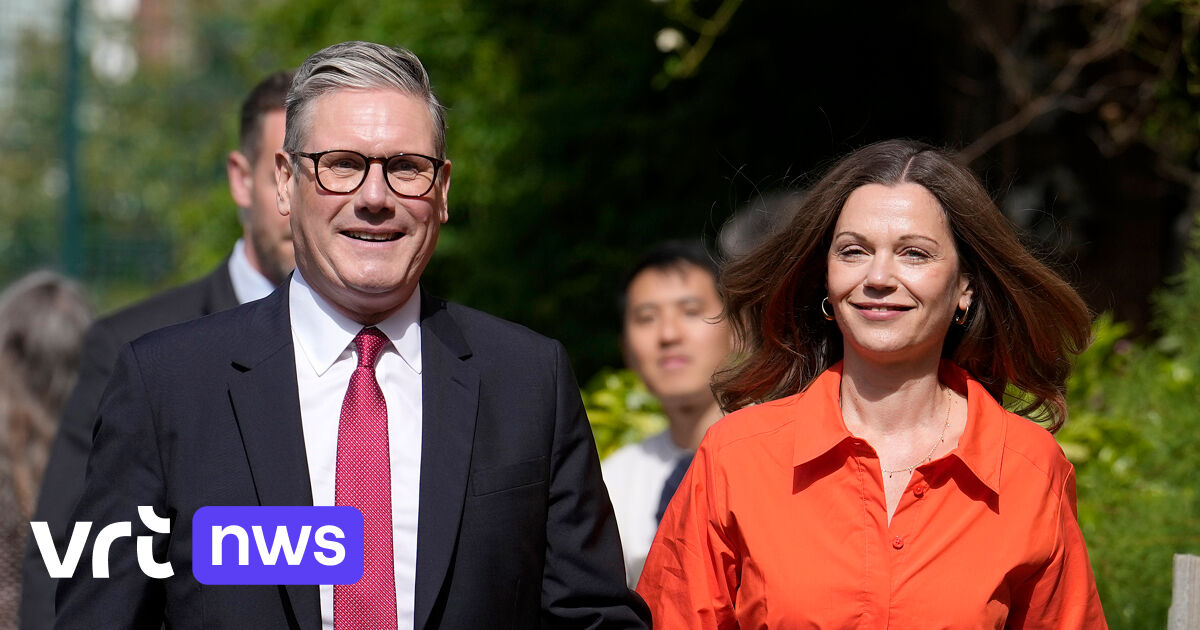There is much discussion around the world about granting rights to reserves. For example, Chileans will be allowed to vote in September 2022 on a new constitution, which, among other things, provides for rights to nature. The majority voted against. Nature may have had better luck in Sweden, Colombia or Germany. There are proposals ready to include natural rights in the constitution.
England is one step ahead. There, Sussex’s River Ouse is on course to become the first game reserve with rights, reports Guard early March. This concept has also become a political concern in the Netherlands. In mid-January, the cabinet rejected a proposal to grant rights to the Wadden Sea. Nevertheless, Member of Parliament Tjeerd de Groot (D66) is working on initiative legislation.
Various authorities are also fighting for rights to the North Sea, Maas, and little Amelisweerd near Bunnik. Environmental lawyer Jessica den Outer is closely involved in this initiative, which aims to protect against pollution and destruction. He teaches, campaigns and contributes to UN reports. This Tuesday he presented his book Right to Nature. In his book, Den Outer takes readers through worldwide initiatives to give rights to nature.
A tree has as many rights as lampposts, i.e. none
Why should nature be given rights?
“We live in a world where rights are important. Trees have the same rights as lampposts: none. This puts nature in a bad position, but its interests can be represented with rights. Nature must be able to develop. In my opinion, nature has always had this fundamental right, even before humans existed. Only now do we have to recognize it in our legal system.
“So we have to ask ourselves why nature has no rights. Western humans in particular position themselves as masters of other realms. This is because of our history. Aristotle and Descartes argued that we should use nature for our own benefit. The Judeo-Christian creation story also calls for mastery over everything that flies, swims and crawls. We then design our legal system in a people-oriented way.”
Aren’t there already enough environmental laws to protect nature?
“The current law is failing on many fronts. For example, with industrial disposal permits, where we have to take nature into account. That’s too lenient and not enough in practice. The Wadden Sea is a Natura 2000 area, part of which is a national park and the whole area has World Heritage status. But gas and salt extraction continues. The fishing and shipping industries cause disruption and even the military are allowed to train here. This shows that the current protection is not enough.”
Nature does not follow our pigeon nest system
Does acquiring rights have a different effect than current law?
“Nature and biodiversity laws such as Natura 2000 protect certain animals or plants. In fact, they frame a box. We have to take the entire ecosystem as a starting point. For example, the Natura 2000 area is connected to the surrounding agricultural land. Pesticides only fly to nature. If you want to protect an area, you have to look at the ecosystem as a whole. The cubicle system doesn’t work, because nature doesn’t follow it.”
It sounds abstract, rights to nature. What do these rights look like in practice?
“Right to nature is an umbrella term. Each country interprets it differently, depending on the legal system and reserves. Whanganui in New Zealand is a legal entity with a trustee representing the river. Ecuador has given rights to Mother Earth in its constitution. Everyone can defend natural rights there.”
Will nature be given obligations other than rights?
“Rights primarily lie with nature. The obligation to guarantee these rights may lie with the state, as in Ecuador. It is also an interesting question whether a farmer can sue Whanganui for flooding. Whanganui, when it becomes a legal entity, receives a certain amount of money. It could fund the procedure.”
Is the right to nature the solution to our ecological crisis?
“NO. The right to nature is a means of creating awareness and protection. We need solutions from all types of sectors and this is part of the legal solution.”
A version of this article also appeared in newspapers of March 22, 2023

“Hipster-friendly creator. Music guru. Proud student. Bacon buff. Avid web lover. Social media specialist. Gamer.”

/s3/static.nrc.nl/bvhw/files/2023/03/data98358730-456341.jpg)





